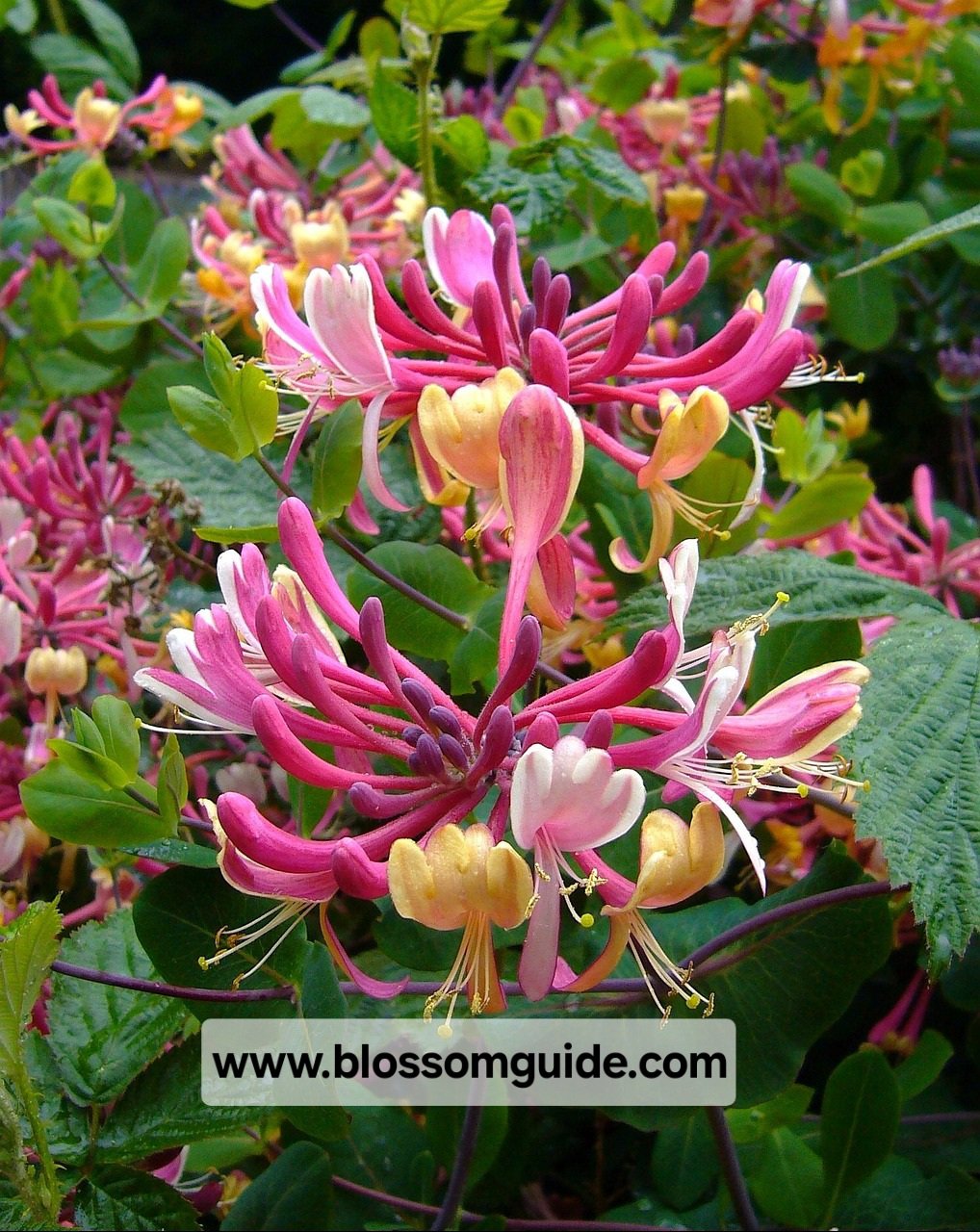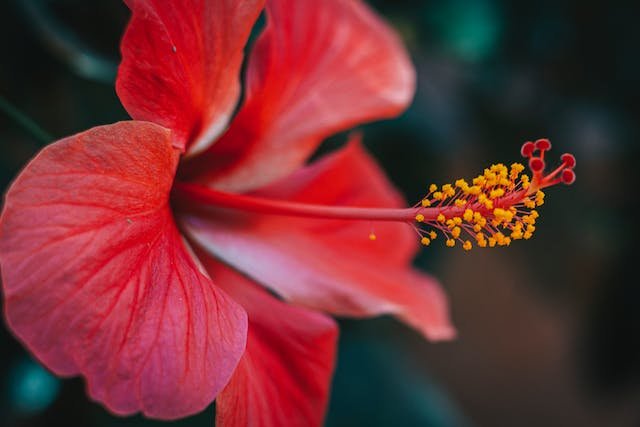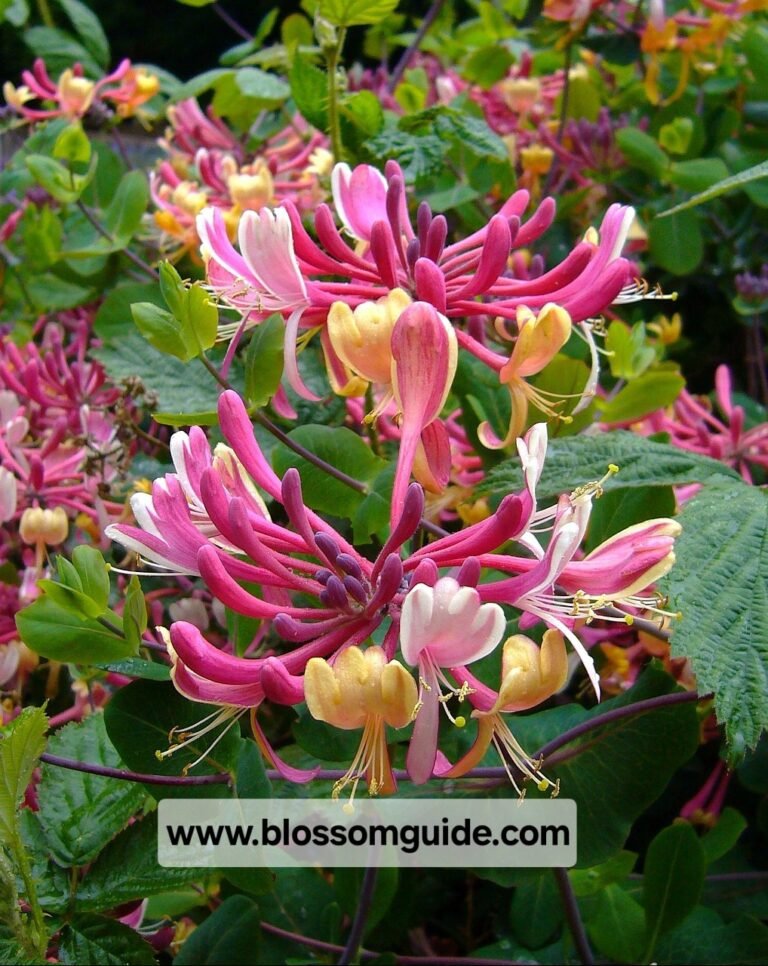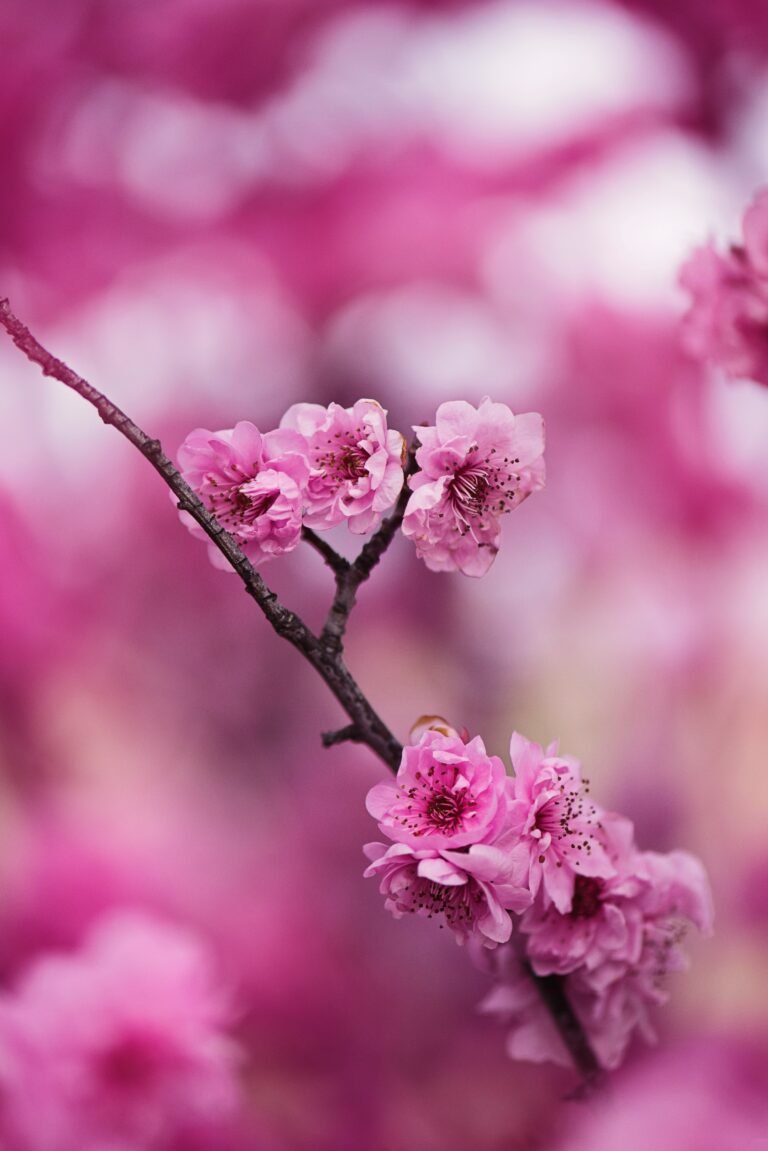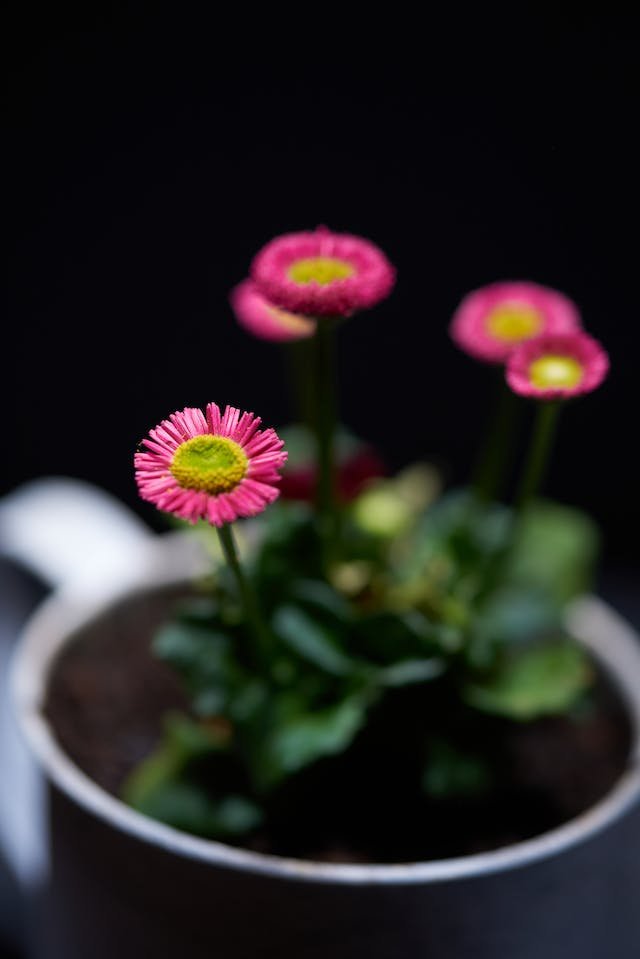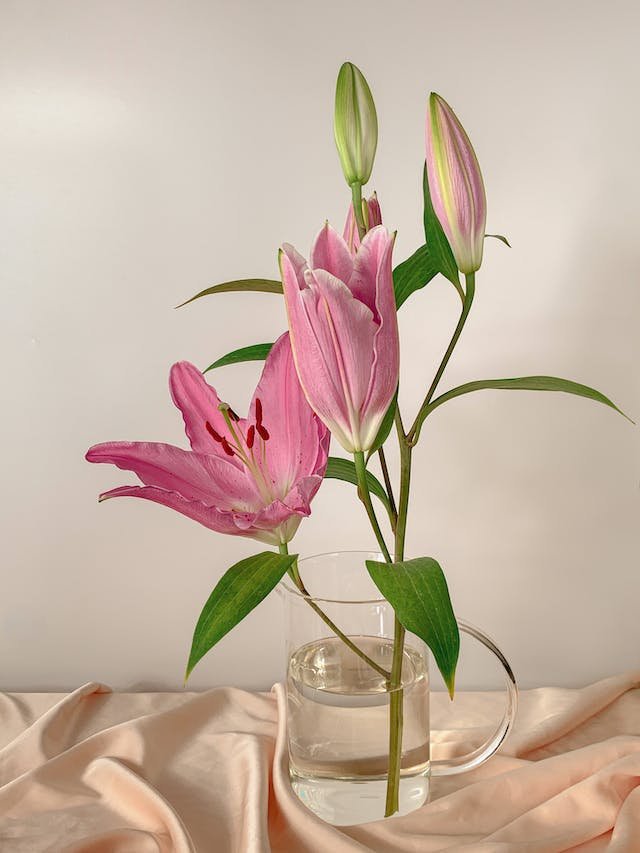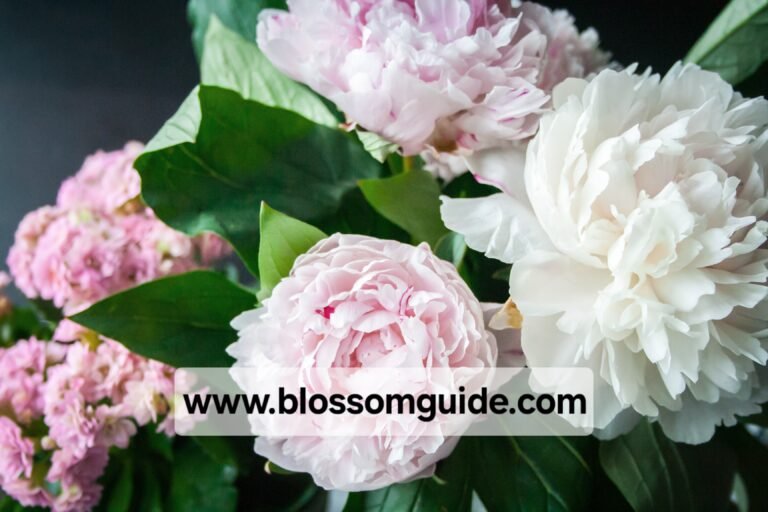Honeysuckle Insights:10 Fascinating Honeysuckle Fun Facts You Didn’t Know

Honeysuckle plants are known for their fragrant flowers and are popular choices in gardens. Here are 10 lesser-known facts about honeysuckle plants:
-
Berries are Edible: While most parts of the honeysuckle plant are toxic, some species produce berries that are edible. However, it’s essential to identify the specific species and ensure the berries are ripe before consumption.
-
Attracts Hummingbirds: Honeysuckle flowers are known to attract hummingbirds due to their vibrant colors and sweet nectar, making them a favorite among gardeners looking to attract these fascinating birds.
-
Traditional Medicinal Uses: In traditional medicine, honeysuckle has been used for various medicinal purposes, including treating colds, flu, and inflammation, due to its antibacterial and anti-inflammatory properties.
-
Invasive Species Concern: Some honeysuckle species, such as Japanese honeysuckle (Lonicera japonica), are considered invasive in certain regions, as they can outcompete native plants and disrupt local ecosystems.
-
Symbolism: In folklore and symbolism, honeysuckle is often associated with love, devotion, and affection, representing bonds of love and the sweetness of relationships.
-
Diverse Species: There are over 180 different species of honeysuckle plants, ranging from vines and shrubs to trees, with a wide variety of colors, sizes, and growth habits.
-
Night-Fragrant Honeysuckle: Some species of honeysuckle, such as Lonicera sempervirens, are night-fragrant, releasing their intoxicating scent in the evening to attract pollinators like moths.
-
Hardiness: Honeysuckle plants are generally hardy and adaptable, thriving in a wide range of soil types and climatic conditions, making them a versatile choice for gardens and landscapes.
-
Propagation: Honeysuckle plants can be propagated through various methods, including seeds, cuttings, and layering, offering gardeners flexibility in propagating and expanding their honeysuckle collection.
-
Cultural Significance: Honeysuckle has cultural significance in various cultures and traditions, symbolizing happiness, good fortune, and prosperity, and is often featured in art, literature, and ceremonies.
While honeysuckle plants offer beauty, fragrance, and versatility, it’s essential to be mindful of the specific species, their growth habits, and potential impacts on local ecosystems, particularly in regions where certain species may be invasive. Always consult local resources and experts when selecting and cultivating honeysuckle plants in your garden or landscape
